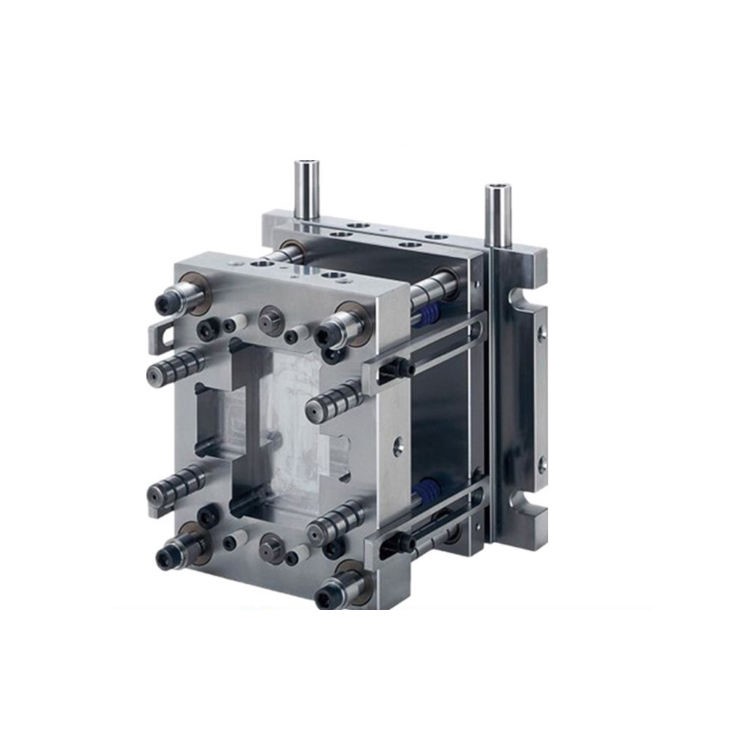Injection molding is a vital component of modern manufacturing, which makes it possible to produce large quantities of precise and effective high-quality plastic components. Injection Mould China is a world leader in injection mold sourcing, providing high-precision, affordable molds for a range of sectors. It may surprise you to learn that injection molds are not all created equal. Let's assess all of the types of injection molds and their specialized applications.

The purpose of single-cavity molds is to create a single part every cycle. These molds guarantee accuracy and ease of change, making them perfect for prototype or low-volume production. They are commonly used by manufacturers for specialized or highly tailored products when mass production is not required.
Best for:
Multi-cavity molds create several identical parts in a single injection cycle, when compared to single-cavity molds. Hence, they are a preferable option for high-volume manufacturing since they significantly increase production efficiency and reduce costs per unit.
Best for:
A family mold enables the manufacturing of several distinct parts in a single cycle as long as they have comparable material and processing needs. This is a cost-effective method when several parts of a product must be produced together.
Best for:
Two-shot molding allows two unique colors or materials to be injected into one part without the need for additional processing. This technology is often employed by high-end consumer goods like toothbrush handles, which combine soft rubber and hard plastic for ergonomic designs.
Best for:
Hot runner systems reduce cycle times and eliminate material waste by keeping molten plastic inside the runner system. Despite their greater initial costs, they save a lot of money in high-volume production by increasing efficiency and minimizing material waste.
Best for:
As opposed to hot runner moulds, cold runner moulds allow plastic to harden in the runner, necessitating the recycling and regrinding of surplus material. Although they are initially less expensive, they may lead to somewhat longer cycle times and increased material waste.
Best for:
The Future of Injection Moulding: 3D Printing Integration
As the industry evolves, 3D Printing is revolutionizing injection moulding by offering rapid prototyping and even small-batch mould production. Manufacturers can test designs more effectively with this hybrid approach before deciding to use full-scale injection molding.
Frequently Asked Questions
What is the difference between single-cavity and multi-cavity moulds?
Multi-cavity molds increase efficiency and reduce costs by producing numerous identical components per cycle, while single-cavity molds only manufacture one item.
Are hot runner moulds better than cold runner moulds?
Although hot runner molds are more expensive initially, they reduce waste and increase efficiency. Although cold runner molds are less expensive, there can be more material waste.
Can 3D Printing replace injection moulding?
Not totally. Although 3D printing is great for small-batch production and prototyping, it is not as quick or economical as large-scale injection molding.
How do I choose the right type of injection mould?
Production volume, budget, material needs, and part complexity all influence the decision. Finding the ideal solution for your requirements might be aided by speaking with an injection mold China specialist.
Start your project with UTTMould now and experience the precision of our injection moulding services!